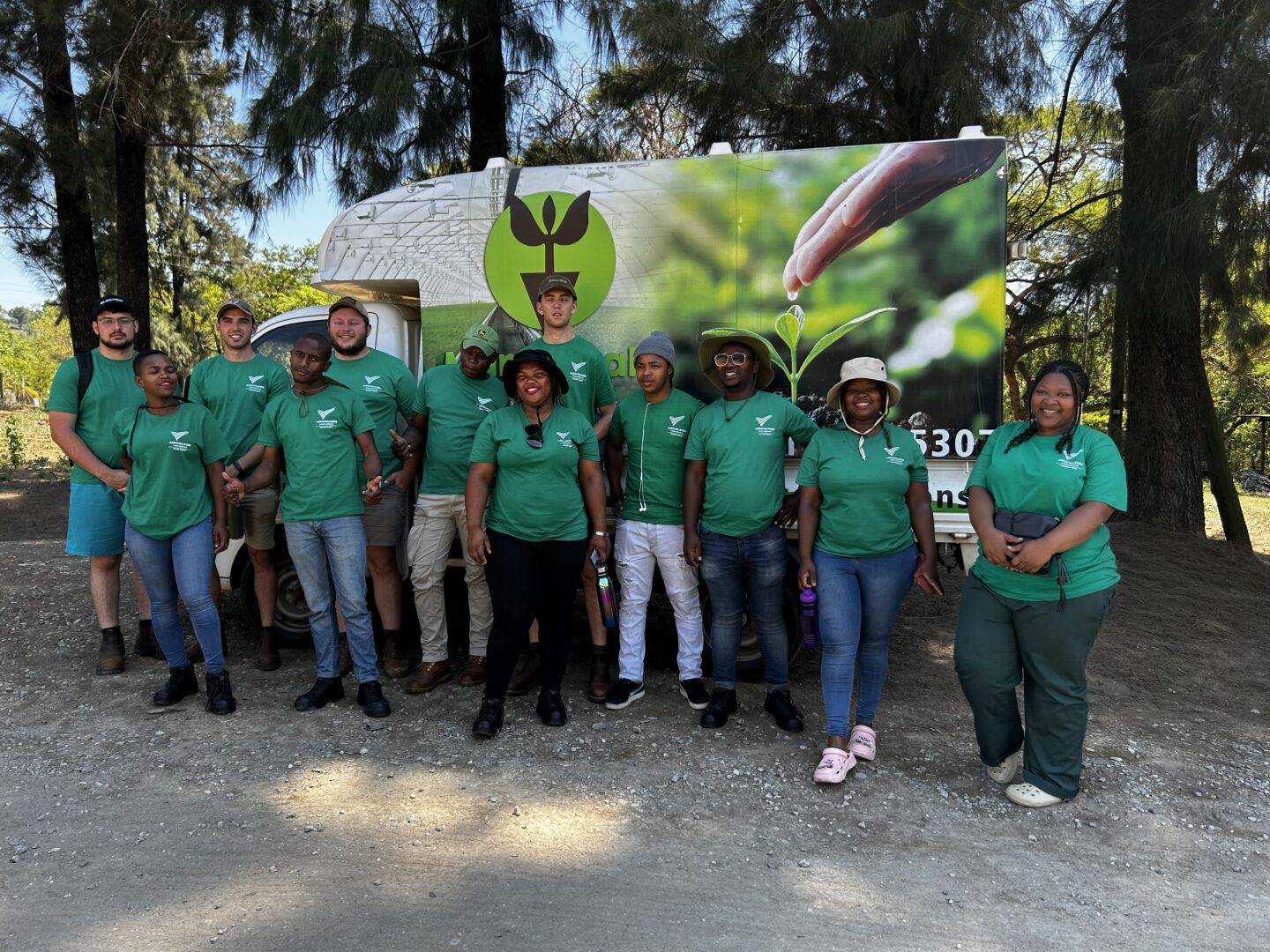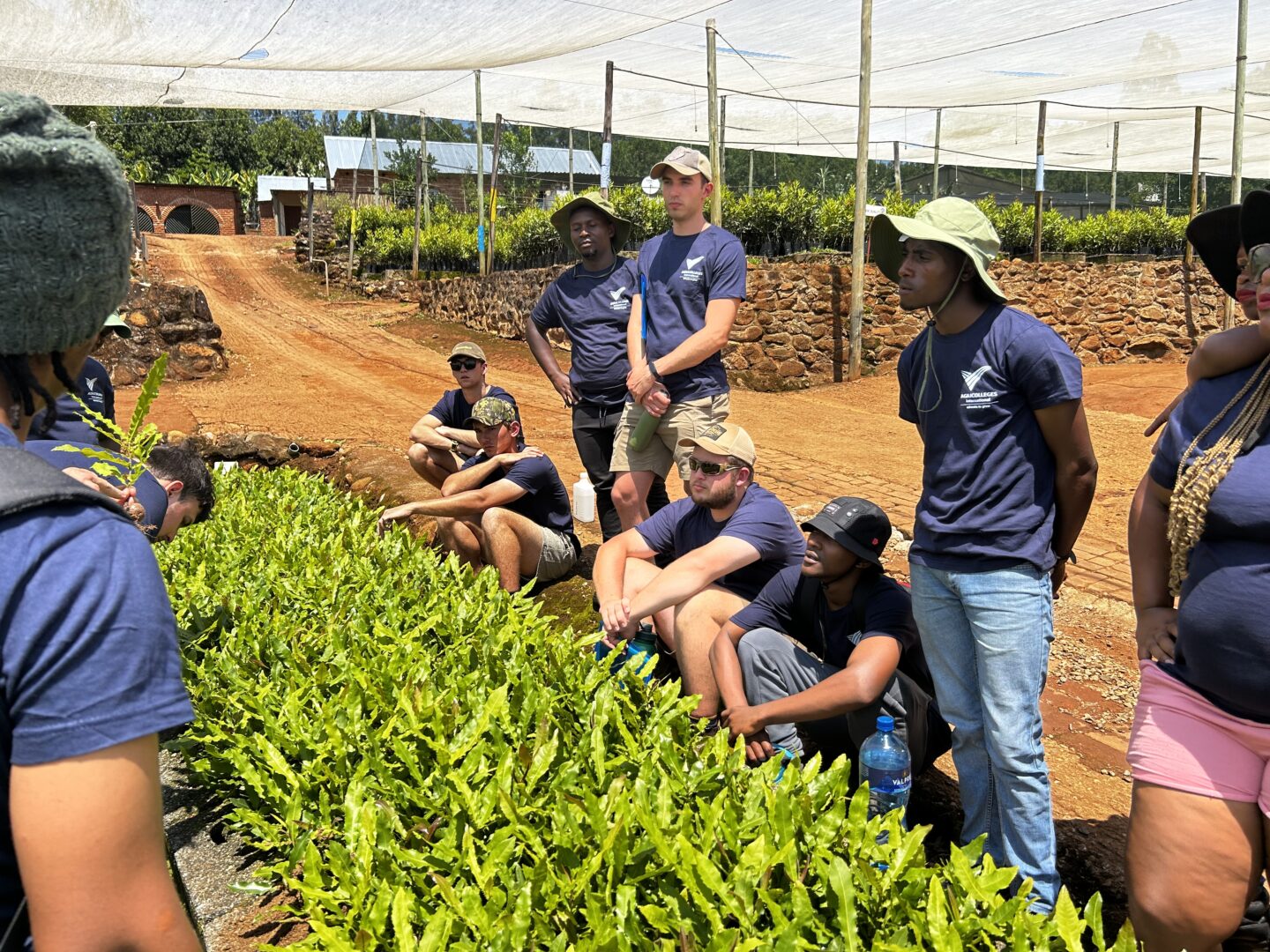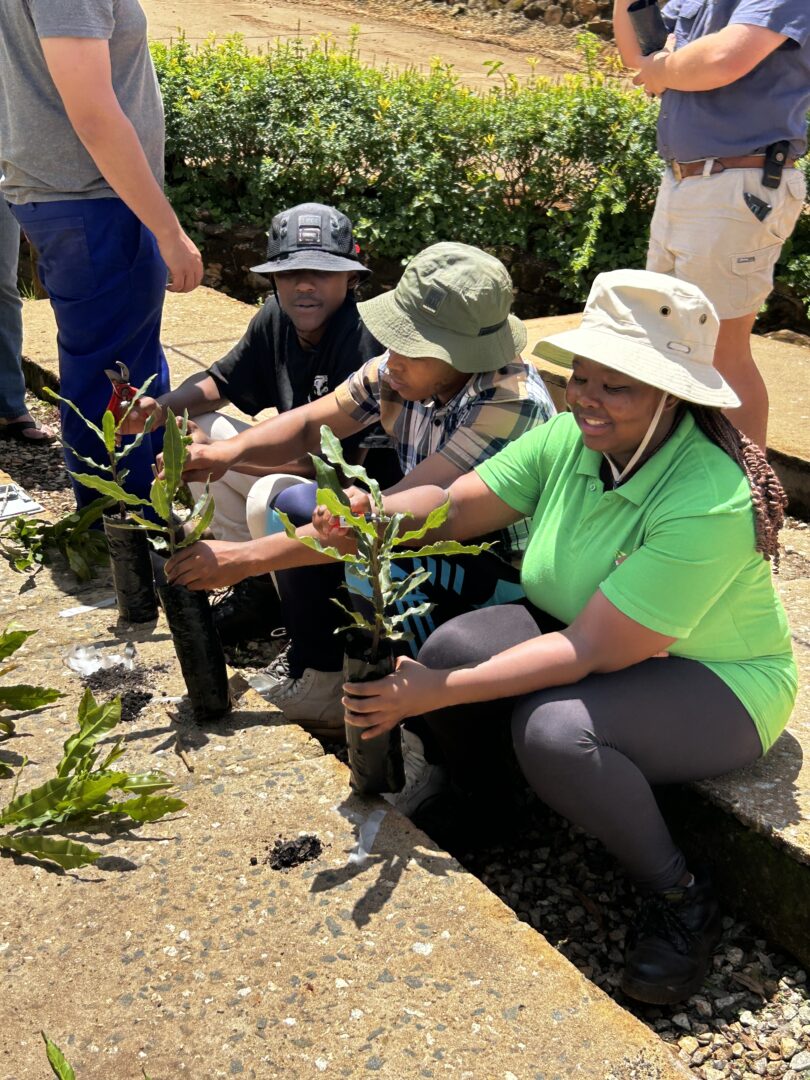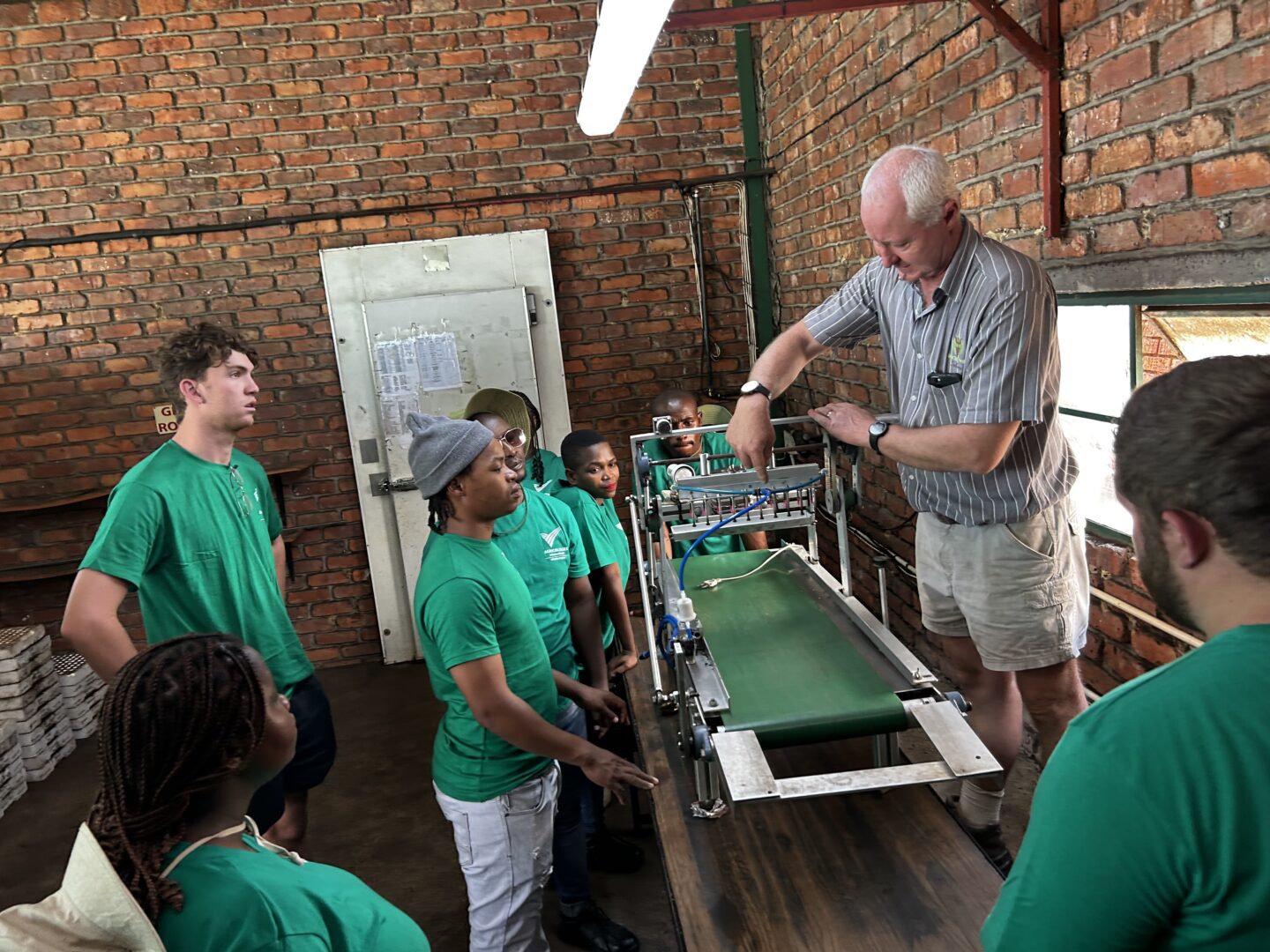 Visiting Martin Dale Seedling Nursery for behind the scene secrets
Visiting Martin Dale Seedling Nursery for behind the scene secrets
Ten post-graduate students who were previously unemployed recently embarked on a remarkable journey from Lusikisiki, Eastern Cape, to Tzaneen, Limpopo Province, as part of the SA Harvest entrepreneurial incubator initiative. Supported by Naspers Labs, this programme aims to equip young individuals with the skills and knowledge needed to become self-sufficient agri-food entrepreneurs.
These ten students have taken an incredible step towards transforming their lives and making a significant impact on their local community. Their week-long training programme, facilitated by Agricolleges International, focused on providing them with a National Certificate in Plant Production, a crucial step toward agricultural management and entrepreneurship.
The Lusikisiki branch of SA Harvest, a food rescue and hunger relief organisation committed to ending hunger in South Africa, is unique in its approach to addressing systemic causes of hunger. SA Harvest’s founder and CEO, Alan Browde, emphasises the importance of integrating charity feeding with practical solutions. Browde says, “To achieve SA Harvest’s mission of ending hunger, it is essential that the charity feeding concept is integrated with finding practical solutions to the systemic causes of hunger, and our Lusikisiki branch does this in action.”
 Nursery Principles – seedlings vs clonal and rooted cuttings
Nursery Principles – seedlings vs clonal and rooted cuttings
Since February last year, the ten youth, all post-graduate students who were previously unable to find employment, have been working at the Lusikisiki branch of SA Harvest, receiving hands-on training and experience in logistics, warehouse management, and other aspects of SA Harvest’s food rescue operation, along with practical training on plant production. The second phase in their educational journey was their participation in the officially accredited National Certificate in Plant Production programme delivered by Agricolleges in Tzaneen. After a year of hands-on experience at SA Harvest, these students will be equipped to start their own agri-food businesses. This initiative aims to create a sustainable cycle by continually training new cohorts of students and expanding into other provinces and areas.
The National Certificate in Plant Production programme provides students with a comprehensive understanding of agricultural management, team supervision, quality assurance, and decision-making. Graduates of this programme will have the skills necessary to specialise in plant production, maintain high standards, and contribute to the agricultural sector while accessing various markets.
Sarie Espach, Course Facilitator & QMS Manager at Agricolleges, highlighted the practical aspect of the programme as a significant highlight for the learners. They gained hands-on experience in farming on a larger scale than they were used to, and also benefited from life skills training, improving their ability to communicate and collaborate effectively.
 Grafting of macadamia trees making sure that the best gene “true to type” cultivars are produced
Grafting of macadamia trees making sure that the best gene “true to type” cultivars are produced
Espach added, “These students were unbelievably grateful for the opportunity they received, and their humble approach to things will enable them to go back to their own environment and implement what they learned and hopefully transfer that knowledge in an impactful way to the community they work and live in.”
Nomsa Nombiba, one of the Lusikisiki graduates enrolled in the SA Harvest entrepreneurial incubator, shared her experience and ambitions, emphasising the motivation she found in the diverse group of young people dedicated to taking agriculture in South Africa to new heights. She said, “Most of us are motivated to start our own farms, give back to the community, and make a difference.”
The journey from Lusikisiki to Tzaneen was indeed life-changing for these students. Victor Mpofu, Johannesburg Operations & HR Manager, who accompanied the students on their journey, expressed their newfound knowledge and determination to apply what they’ve learned in Lusikisiki. He noted that they are eager to take their new skills and experiences back to Lusikisiki, an area in desperate need of intervention.
This initiative supported by Naspers Labs and SA Harvest is not only transforming the lives of these ten young individuals but also promises to have a lasting impact on the agricultural sector and the communities they serve. By equipping young entrepreneurs with the skills and knowledge needed to succeed in agriculture, this initiative is making significant strides toward ending hunger and unemployment in South Africa.
 Martin Dale Seedlings – Seed planting machine
Martin Dale Seedlings – Seed planting machine